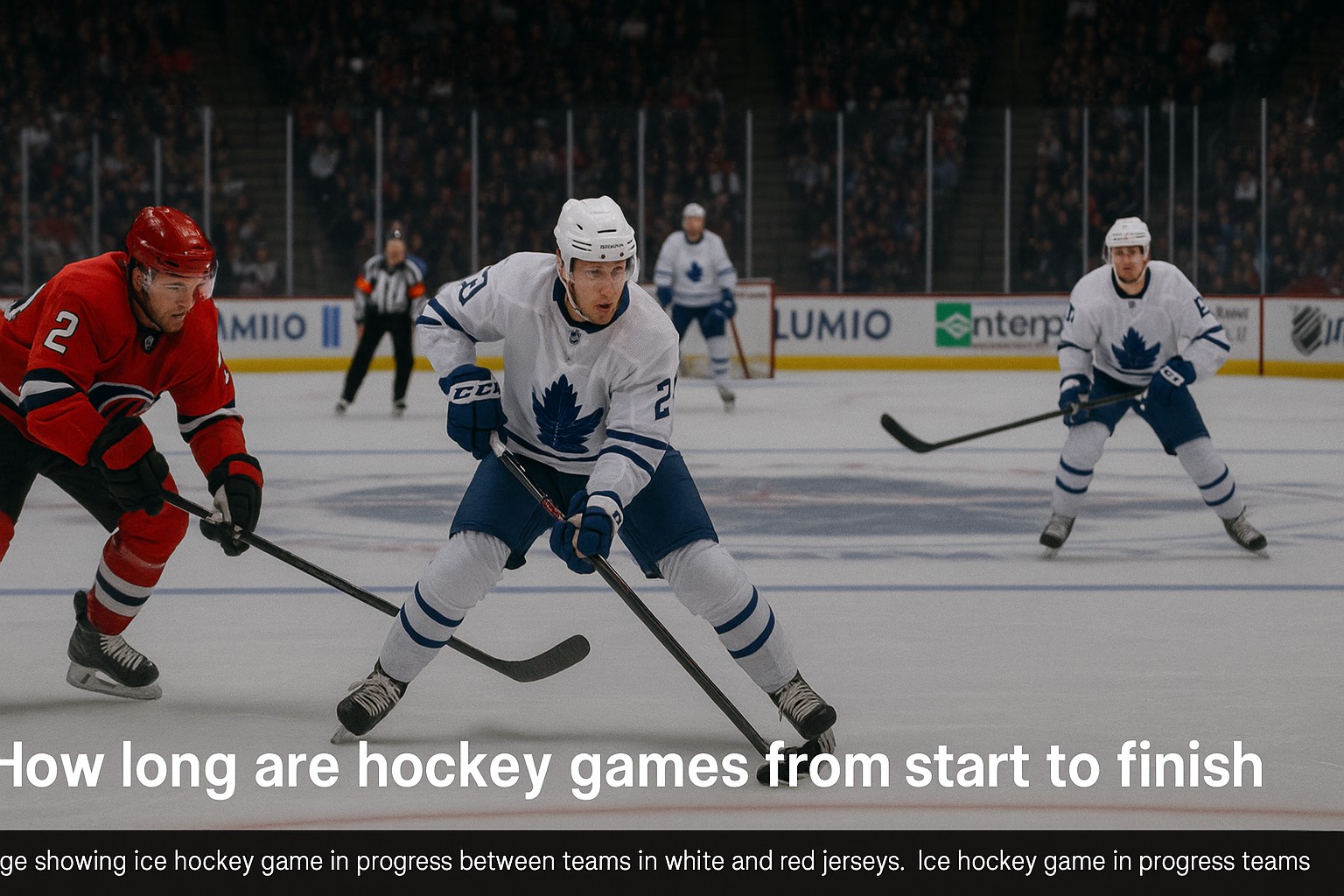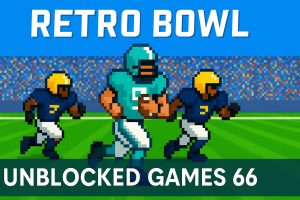Hockey moves fast. Players skate hard. They pass, shoot, and score. Many new fans ask one key question. How long does a hockey game last from start to finish?
The answer may sound simple. Each game has three periods. Each one is twenty minutes. That makes one hour of play. But the full game takes much longer.
The clock stops often. There are breaks and extra time rules. The full event lasts over two hours in most cases. It can go longer in playoffs.
This guide breaks it all down. You will learn what adds time and what to expect before the final whistle.
Regulation Time Is 60 Minutes
A standard hockey game has three periods. Each period is twenty minutes. That gives you sixty minutes of play.
But that does not mean the game ends in one hour. The clock stops often. Penalties, goals, offsides, and faceoffs all pause the clock.
The puck must stay in play to keep the clock running. When it leaves the ice or the goalie stops it, the timer stops too. This adds time even in normal play.
Intermissions Add More Time
There are two intermissions in a hockey game. Each one happens between periods. In the NHL, each break lasts about seventeen or eighteen minutes.
The ice gets cleaned. Players rest and coaches plan the next move. Fans use this time to get food or take a break.
These breaks alone add over thirty minutes to the full time. And that’s without any added play or delays.
How Route Gaming Improves Your Gameplay and Wins
TV Timeouts and Reviews Slow Things Down
Games shown on TV have built-in breaks. These happen during play when there is a stoppage. They last around two minutes.
There are also reviews. If a goal is unclear, the referees check the video. These reviews pause the game and add more time.
Even small breaks build up. After all the stops, a sixty-minute game often takes over two and a half hours.
Overtime and Shootouts Can Stretch the Game
If a game ends in a tie after three periods, it goes to overtime. In the regular season, overtime is five minutes. It is sudden death. One goal ends it.
If no one scores, the game goes to a shootout. Each team takes turns trying to score on the goalie. The team with the most goals wins.
Shootouts can last a few extra minutes. Together with overtime, this can add ten to fifteen minutes to the event.
Playoff Games Last Even Longer
Playoff rules are not the same. If a game is tied after regulation, teams play full overtime periods. Each one is twenty minutes.
There are no shootouts. Teams play until someone scores. Some games go into double or triple overtime. That means over five periods of play.
These games can last over four hours. Every second matters. Teams do not rush. They wait for the right chance.
Watching at Home or in the Arena
Watching from home is easy. You sit back and watch. The game still takes over two hours.
Watching live takes longer. You arrive early. You deal with traffic, parking, and crowds. You may spend four or five hours at the arena.
Still, the live game feels different. The sound, the lights, and the crowd make it worth the extra time.
Youth and Junior Games Take Less Time
Not every game follows NHL rules. Youth hockey often uses shorter periods. A common format is three periods of twelve minutes.
There are fewer breaks. Intermissions are shorter. These games often finish in ninety minutes or less.
Junior games may follow pro rules. Some add small changes based on league or age. Always check local rules to know what to expect.
Full Game Time Summary
- Play time: 60 minutes
- Intermissions: About 35 minutes
- TV timeouts and stoppages: Around 25–30 minutes
- Total regular game time: 2.5 to 3 hours
- Overtime and shootouts: Add 10–15 minutes
- Playoff games: Often 3.5 to 4+ hours
- Youth games: 60 to 90 minutes
Conclusion
A hockey game does not end in one hour. The clock says sixty minutes, but the full event lasts much longer. Breaks, reviews, and extra play add time.
Most games take two and a half to three hours. Some last over four. Youth games are shorter, but the rules vary.
Now you know what to expect. Whether you watch at home or go to the rink, plan your time well. The fast pace and non-stop action will make it worth it.
Hockey games take hours to finish. If you need something quicker, try a fast-paced game like President, also known as Asshole.
Frequently Asked Questions
| Question | Answer |
|---|---|
| How long is a standard hockey game? | A full hockey game has three periods of twenty minutes each. The total playtime is sixty minutes. |
| Why does the game take longer than one hour? | The clock stops for goals, penalties, and reviews. Intermissions and TV timeouts add more time. |
| What is the usual total time from start to finish? | Most games last about two and a half to three hours when including breaks and stoppages. |
| How long are the breaks between periods? | There are two breaks. Each one lasts about seventeen to eighteen minutes in pro leagues. |
| What happens if the game ends in a tie? | The game goes to overtime. If still tied, it moves to a shootout in the regular season. |
| How long are playoff games? | Playoff games use full twenty-minute overtime periods until someone scores. Some last over four hours. |
| Are youth hockey games shorter? | Youth games often use shorter periods. They usually end in sixty to ninety minutes total. |
Disclaimer: This guide shares general hockey time formats based on public rules and observations. Game lengths may vary based on league, location, or level.




